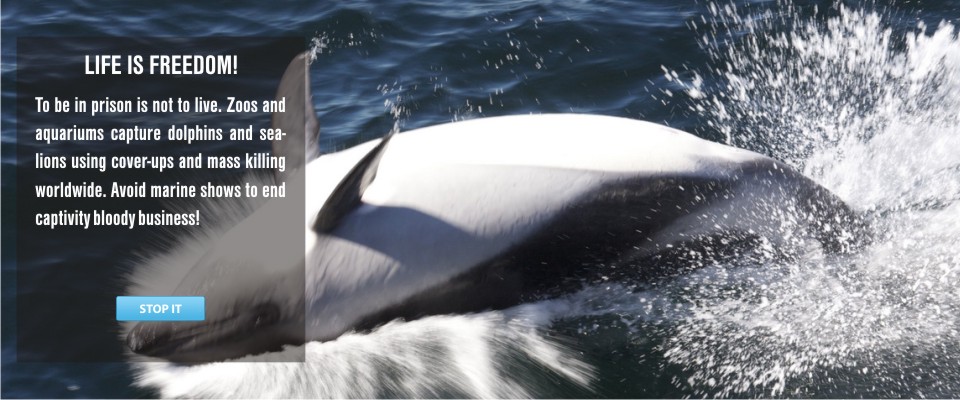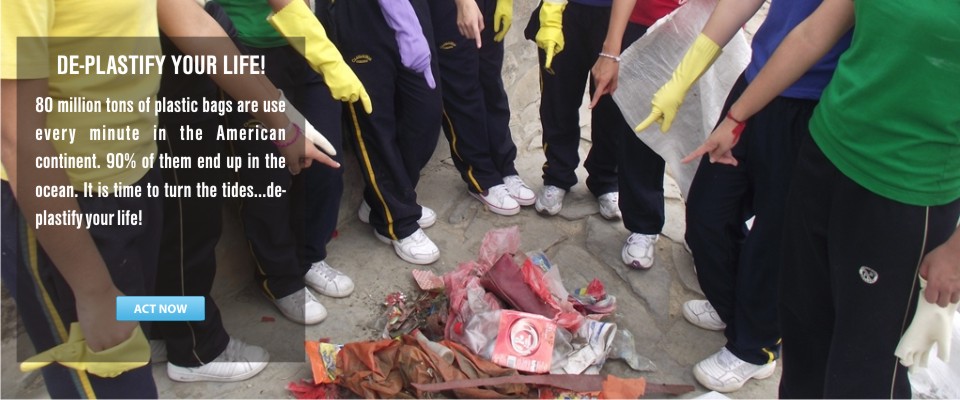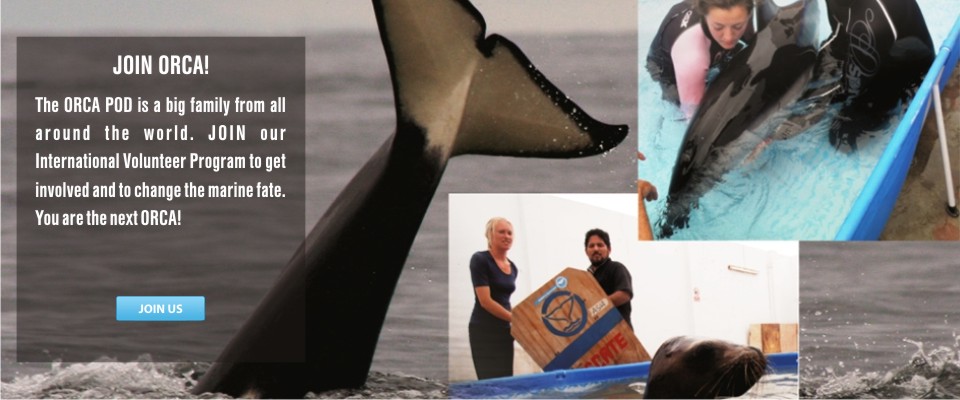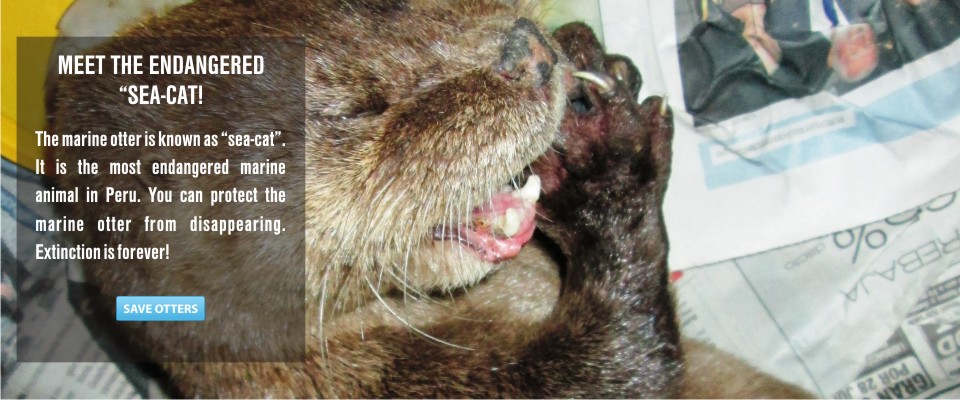| |
|
MARINE ISSUES
SEA TURTLES
|
|
All sea turtle species are
critically endangered, due to
harvesting...to kill one is to kill
a whole generation.
|
 |
• In 2015, the National Academy of Sciences estimated that around 15-40% of the plastic produced a year would end up in the oceans, with scientists also admitting that they are unsure of where more than 99% of ocean plastic debris ends up and the quantity is only expected to incease. No one knows the extent of how plastic in the ocean is affecting the full scale of marine life, but one example of direct impact in Peru has been with sea turtles. The coastal waters of Peru provide a foraging area for 5 of the 8 world sea turtle species – Leatherback turtles, Olive ridleys, Green turtles, Loggerheads and Hawksbill turtles.
• In June 2015, ORCA received calls of two injured and sick sea turtles, a Green (Chelonia mydas) and a Hawksbill (Eretmochelys imbricata). The turtles were taken back to the South Pacific Marine Mammal Center where their condition was assessed. Blood test samples and X-rays revealed they were suffering from plastic poisoning. ORCA director Dr. Carlos Yaipen-Llanos revealed the two turtles had their intestines filled with plastic, which had caused a strong inflammation, disorientating them and causing them to become stranded on the shores unable to eat. Sea turtles around the world are suffering greatly from pollution, global warming, nutrient shifts and a reduction in fish stocks, however these direct human impacts are becoming worse. Hawksbill turtles are listed as Critically Endangered by the IUCN Red List of Threatened Species since 1996 and Green Sea turtles are listed as Endangered by the IUCN and CITES. Both of the turtles at the center were treated with antibiotics and anti-inflammatory medications and their intestines were pumped in order to rid them of the plastic. After 20 days of rehabilitation from the ORCA staff, interns and volunteers, they had visibly recovered and were released back to the ocean. This was the first time sea turtles in Peru have been rehabilitated and released from plastic poisoning. They were both tagged on their front flippers so if they’re found again they can be monitored.
• ORCA continues to research sea turtle strandings along the coast of Peru, but you can help greatly by reducing the amount of plastic you use and discard – deplastify your life!
CONTACT US
|
|
ORCA WORLD

 |
ORCA CHRONICLES
News, Photo & Video Gallery
|
|
Learn about our successful stories, the news, and
chronicles that made history in Peru, from the heart of
the South Pacific. ENTER
|
 |
ORCA PERU
NETWORK
JOIN US & SHARE!
|
|
We protect that we love, and we love that we know. Join us from anywhere around Peru or the world and share with us our love for the ocean.
ENTER
|
 |
ORCA
SHOP
MARINE STORE
|
|
T-shirts, sweatshirts, caps, bags, exclusive posters, unique photocards, vintage badges and keychains…the ORCA shop is the right place to enjoy, to make your pick and to support!
ENTER
|
 |
ECOSONAR
NEWSLETTER
|
|
Our newsletter connects you with the marine mammal
world! Learn the latest news about the ocean and the
press releases that made ORCA an advanced referent in
the South Pacific.
ENTER
|
| |
|
























